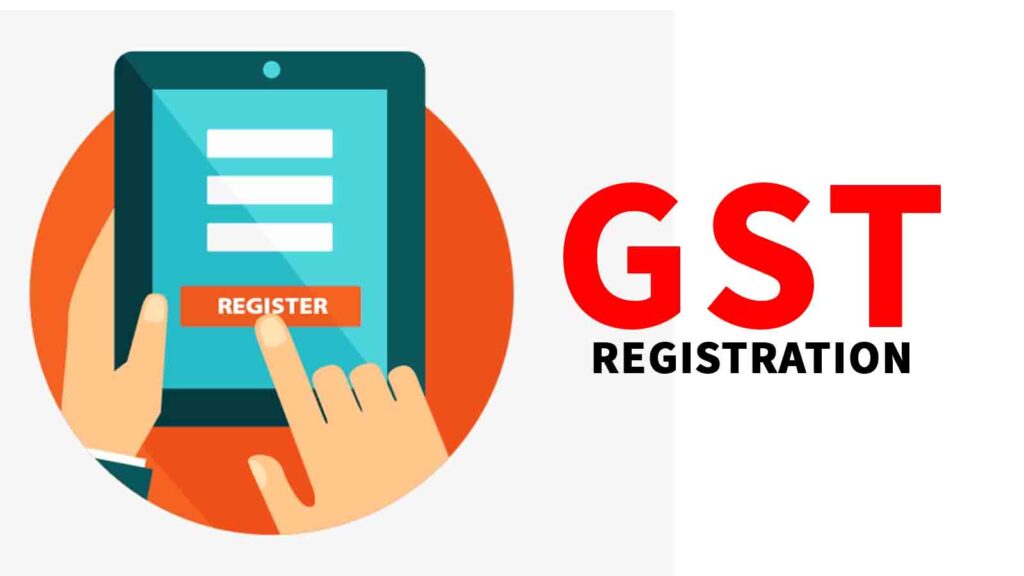Service
GST Registration Services – Simplified, Fast & Affordable
Are you starting a business or already running one and need GST registration services? Welcome to VyaparRegistration.com – your trusted online partner for all GST-related and tax compliance needs. Whether you’re a startup, MSME, or established business, we make GST registration and return filing easy and hassle-free.
At VyaparRegistration.com, we provide GST registration services, GST filing services online, and GST compliance services under one roof. Our goal is to help businesses stay 100% compliant with all GST rules while focusing on growth.






